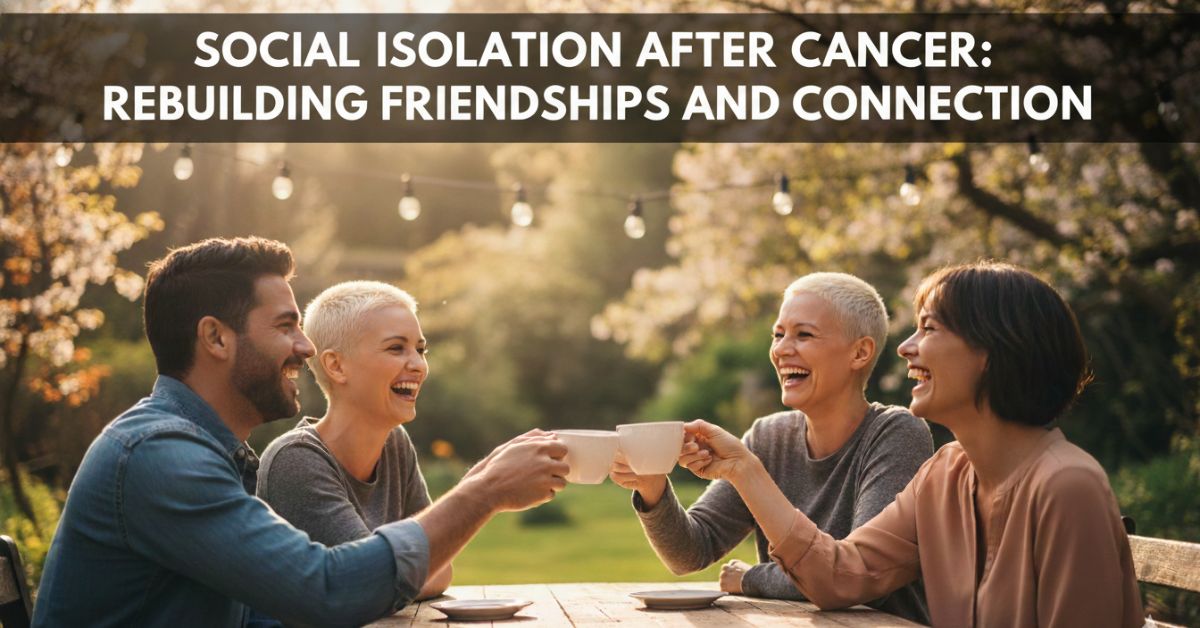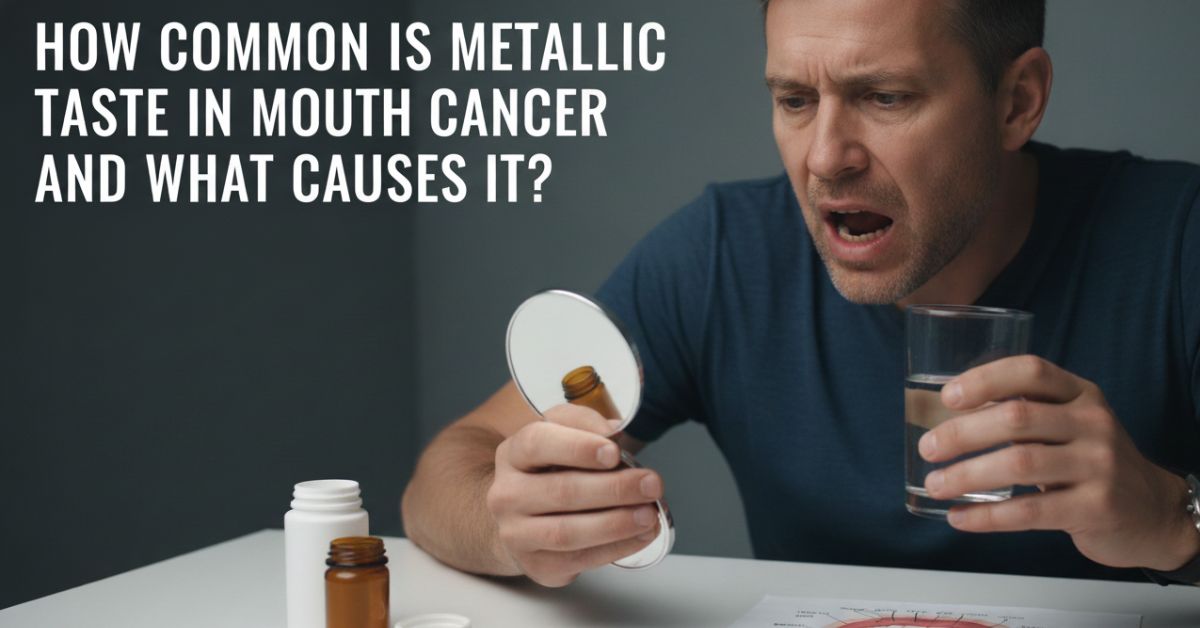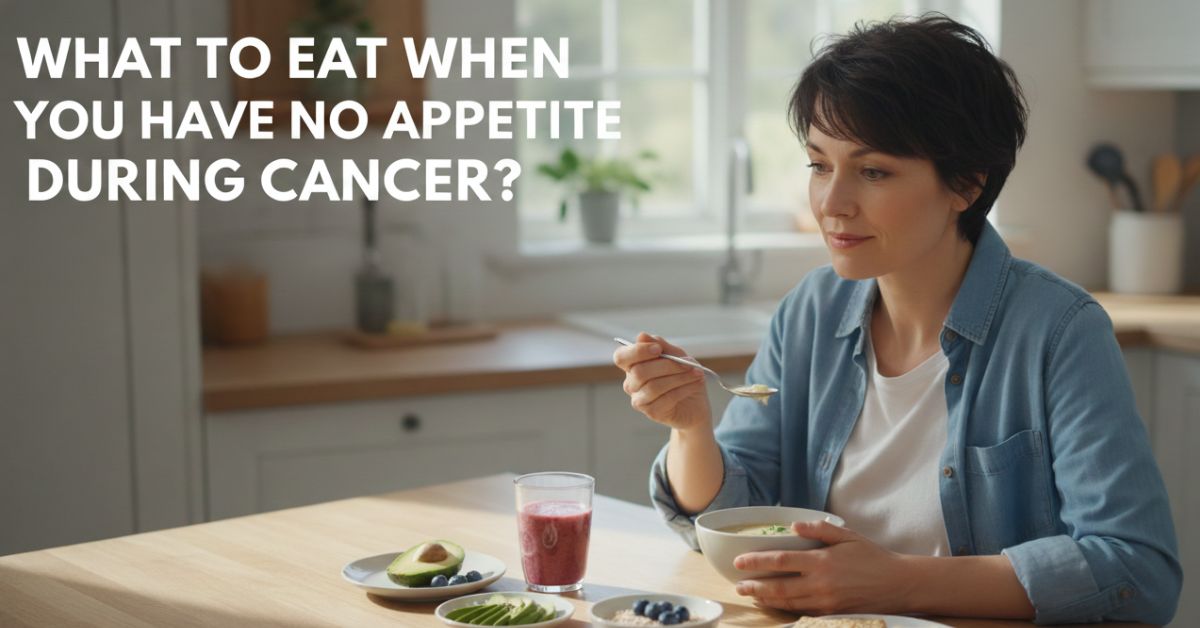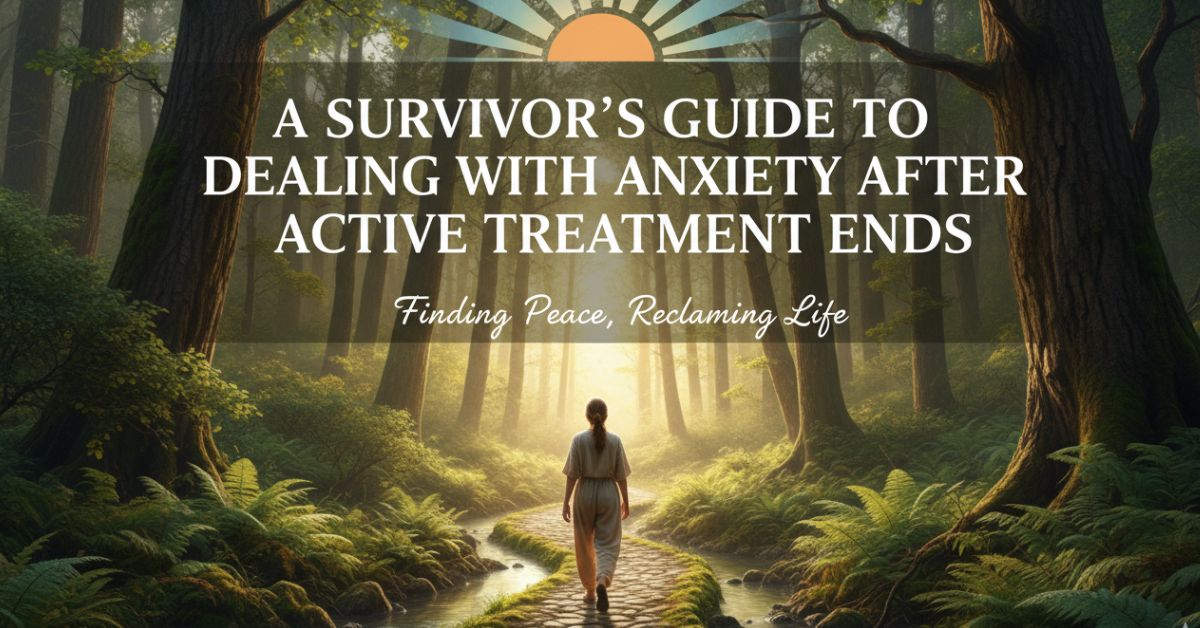Do you ever feel disconnected from friends and family after cancer? Social isolation after cancer is more common than many people realize. Treatment disrupts routines, affects energy, and leaves survivors feeling distant from the life they once enjoyed. Emotional and physical fatigue make connecting with others challenging even when they want company
Friends may not know what to say or do after a major illness. This misunderstanding can create unintended distance. Survivors often feel lonely despite having people around them. Recognizing these patterns is the first step toward reducing social isolation after cancer
How Cancer Treatment Changes Daily Life and Relationships?
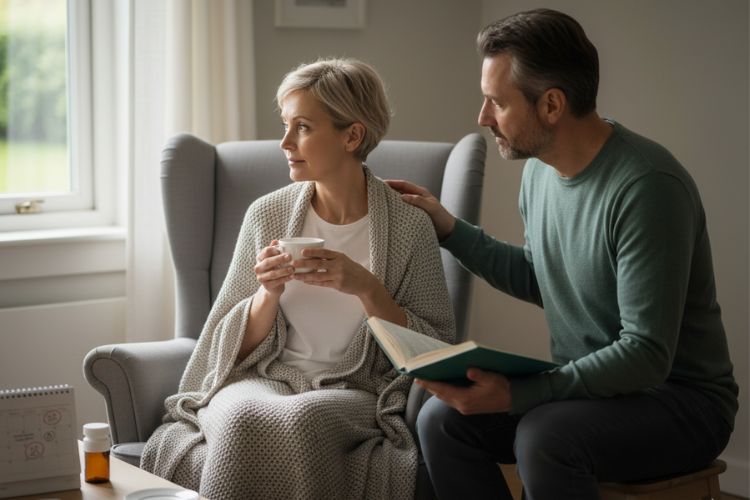
Cancer affects sleep, appetite, and energy, making simple tasks feel exhausting. This disruption can impact work, family, and social plans. Survivors often feel guilty about cancelling events or resting more, which adds to emotional stress.
Relationships also shift. Friends may avoid certain topics or assume survivors need space. These misunderstandings can widen emotional gaps. Awareness of these changes is crucial to rebuilding social connections and coping with loneliness after cancer treatment.
Recognizing Signs of Social Withdrawal After Cancer
Some survivors slowly pull away from friends and family without realizing it. Skipping gatherings, delaying messages, or feeling nervous before social events can feel safer at first. But over time, it often increases loneliness and isolation.
You may notice emotional or physical signs that show social withdrawal
- You feel sad, irritable, or want to be alone most of the time
- You feel tired or low on energy even after resting
- You have trouble sleeping or concentrating
- You avoid calls, messages, or social invitations
Noticing these signs early can help survivors take steps to reduce social isolation after cancer and reconnect with people who support them.
How Feeling Isolated Affects Your Emotions?
Social isolation after cancer can cause sadness, anxiety, and loss of motivation. Survivors may feel misunderstood when friends expect them to “bounce back.” Emotional strain can affect healing and confidence.
Lingering fear, trauma, and uncertainty often follow treatment. When emotions are unexpressed, they create barriers to connection. Acknowledging these feelings is important for rebuilding friendships after cancer in a healthy way.
Why Some Friendships Change or Fade After Cancer?
Friendships naturally shift because priorities and perspectives change. Survivors notice who supports them and who avoids difficult conversations. This can feel painful, but it is often necessary for growth.
Other relationships fade due to disrupted routines. Long breaks in communication create distance. Understanding these shifts reduces guilt and helps survivors focus on rebuilding friendships after cancer intentionally.
Adjusting to New Social Priorities After Cancer
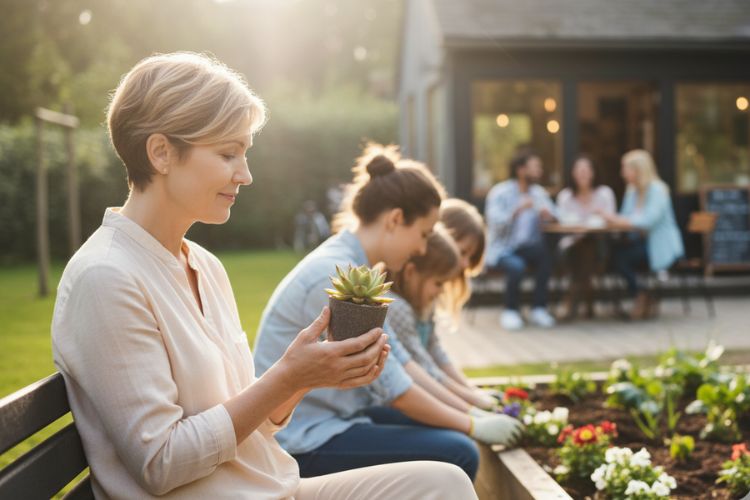
After cancer, survivors often value deeper, more meaningful relationships. Superficial conversations may feel draining, and some connections naturally fade. Accepting these needs allows rebuilding social life after cancer more intentionally.
It’s normal to outgrow certain friendships. Healing includes choosing environments and relationships that feel supportive, safe, and aligned with your current emotional and social needs.
How to Rebuild Friendships at Your Own Pace?
Rebuilding friendships after cancer doesn’t need to happen quickly. Small steps, like sending a short message or meeting briefly for coffee, create manageable ways to reconnect without overwhelming energy or emotions.
Friends can better understand your needs if you are open about your limitations. Having open lines of communication helps cancer survivors feel supported as they progressively resume their social lives.
Starting Conversations With Old Friends Again
A simple message such as “I’ve missed you and would love to reconnect when you’re free” can restart friendships. Most friends respond positively when approached with genuine intent.
Survivors don’t need to share everything at once. Short conversations and gradual updates build trust naturally. These steps help reduce loneliness after cancer treatment and foster meaningful reconnections.
Building New Friendships After Cancer
New friendships can feel refreshing because they start without past expectations. Joining hobbies, community events, or support groups creates opportunities to meet people who understand your current experience.
New connections often understand cancer-related challenges better. They provide emotional safety, shared perspective, and a place to feel seen, helping survivors feel less disconnected after cancer.
Finding Support Through Cancer Groups and Communities
Support groups give survivors safe spaces to share feelings without judgment. Hearing similar experiences reduces loneliness and reinforces that you’re not alone. These groups are valuable for anyone struggling with life after cancer.
Online communities also allow connection anytime. Survivors can receive encouragement from people who understand the cancer journey, strengthening emotional resilience while rebuilding social life after cancer.
Setting Boundaries When Rebuilding Social Connections
Healthy boundaries protect energy during recovery. Survivors can decline plans when overwhelmed. Saying, I need rest today, but let’s plan for next week, maintains connections without guilt.
Boundaries also prevent survivors from feeling responsible for others’ emotions. Respectful limits help friendships remain supportive rather than draining, reducing social isolation after cancer in the long term.
Explaining Energy Limits to Friends and Family
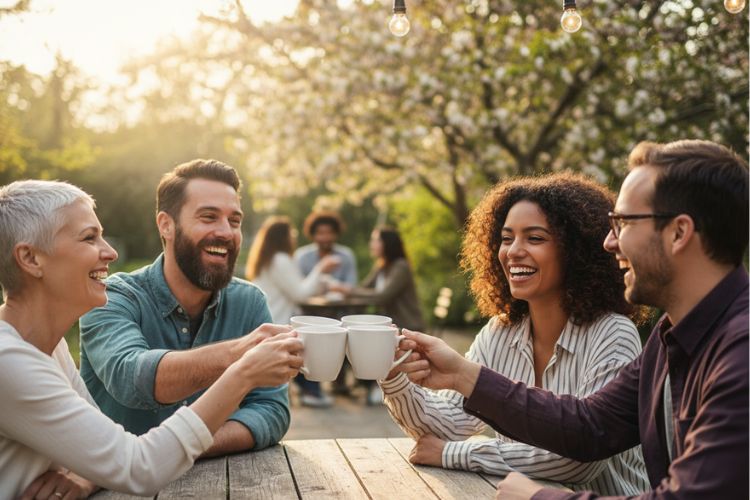
Survivors can explain that fatigue doesn’t mean disinterest. A phrase like, “I get tired quickly, but I still want to stay connected,” helps prevent misunderstandings and reassures loved ones.
Clear communication allows friends to adjust expectations. Understanding your limits makes social interactions more manageable while rebuilding social life after cancer gradually and sustainably.
Using Small Steps to Reconnect With Social Life
Short walks, brief calls, or quick check-ins are low-pressure ways to rebuild confidence and social connections. Small actions reduce loneliness and encourage survivors to re-engage without feeling overwhelmed.
Gradual progress often feels more sustainable than returning to a busy social life all at once. Consistent small steps improve emotional well-being and reduce cancer survivor anxiety.
Activities That Help You Feel Connected Again
Creative activities like art, journaling, or music groups offer gentle ways to socialize. These environments feel supportive without requiring intense conversation, helping survivors feel less lonely after cancer treatment.
Physical activities such as yoga or gentle exercise classes help meet new people while improving mood and energy. Movement naturally supports emotional health and rebuilding social life after cancer.
How to Support Yourself Emotionally During This Process?
Self-compassion is key to recovery. Remind yourself that rebuilding social connections is gradual and that healing takes time. Being patient reduces pressure and fosters emotional resilience.
Calming practices like meditation, reading, or slow breathing stabilize emotions. These habits help survivors regain confidence while reconnecting socially and reduce the impact of feeling disconnected after cancer.
When to Seek Professional Guidance?
If isolation or anxiety becomes overwhelming, speaking with a therapist can help. Professionals provide tools to manage loneliness, trauma, and social reintegration safely and effectively.
Therapy strengthens emotional resilience, helping survivors navigate changes in relationships. Seeking support is a sign of strength, not weakness.
Celebrating Your Progress Along the Way
Rebuilding social connections after cancer is a journey. Every message sent, call returned, or meeting attended counts as a meaningful step. Celebrating these moments reinforces confidence and reminds survivors of the support for cancer patients available.
Even slow progress is valuable. Recognizing small victories encourages survivors to continue rebuilding friendships after cancer and fosters hope for the future.
Final Thoughts
Social isolation after cancer can feel heavy, but rebuilding connection is possible. Every step toward friends, support groups, or new relationships improves emotional health and reduces feelings of disconnection.
Are you feeling isolated or disconnected after cancer? isurvivecancer can help. They offer practical guides, inspiring survivor stories, and community support to help you rebuild friendships, restore social life after cancer, and regain confidence while adjusting to life post-treatment.
FAQs
Why do cancer survivors often feel socially isolated after treatment?
After treatment, changes in energy, routines, and emotional well-being can make social interactions feel exhausting. Friends may not know how to support you, which can increase feelings of social isolation after cancer.
How can I recognize loneliness after cancer treatment?
Loneliness may show through emotional signs like sadness or irritability and physical signs like fatigue or trouble sleeping. Avoiding social invitations is another common indicator that action may be needed.
What are some ways to rebuild friendships after cancer?
Start small by sending messages, meeting for short visits, or sharing updates gradually. Open communication about your needs helps friends understand and supports rebuilding friendships after cancer.
How can I rebuild my social life after cancer safely?
Use small steps like brief calls, short walks, or low-pressure group activities. Engaging in hobbies, support groups, or community events helps survivors reconnect socially while avoiding burnout.

